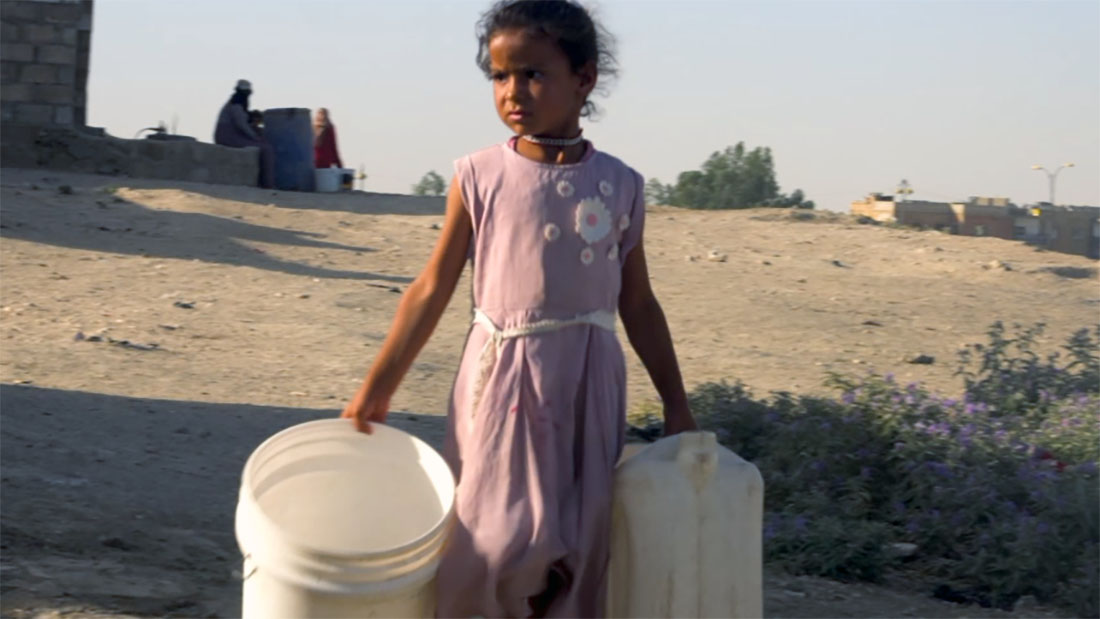Photo Credit: Getty Images
In the parched landscapes of northeast Syria, a silent humanitarian catastrophe is unfolding, where water has become more precious than gold and survival hangs in the balance of geopolitical tensions.
Between October 2019 and January 2024, Turkey conducted over 100 strategic airstrikes targeting oil fields, gas facilities, and power stations in the Kurdish-held Autonomous Administration of North and East Syria (AANES). These attacks have devastated critical infrastructure, leaving more than one million people in Hassakeh province without reliable water access.
The region's fragile water ecosystem, already stressed by four years of extreme drought exacerbated by climate change, has been pushed to the brink. The Alouk water station, once the primary water source for the province, remains non-operational following targeted strikes in October 2023. Satellite imagery confirms widespread power outages, with NASA scientist Ranjay Shrestha noting significant regional blackouts.
Local residents now depend entirely on water tanker deliveries, with hundreds of daily distributions prioritizing essential institutions like hospitals and schools. "Water is more precious than gold here," says Ahmad al-Ahmed, a tanker driver, underscoring the desperate situation.
International legal experts are raising serious concerns. Aarif Abraham, a barrister at Doughty Street Chambers, warns that these attacks could constitute "a severe violation of international law." In February 2024, an independent UN commission suggested the infrastructure attacks might even amount to war crimes.
Turkey defends its actions, claiming these strikes target "sources of income and capabilities" of groups it considers terrorists. President Recep Tayyip Erdoğan has described the AANES as a "terror state," citing connections to the Kurdistan Workers' Party (PKK), designated as a terrorist organization by Turkey, the EU, the UK, and the US.
The humanitarian implications extend beyond immediate water scarcity. Climate data reveals the Tigris-Euphrates basin has warmed by 2°C over the past 70 years, compounding the region's environmental challenges. The Khabour River, once a reliable water source, has been reduced to a mere trickle.
Local voices echo desperation. Yayha Ahmed, co-director of the city water board, starkly describes the situation as a "humanitarian catastrophe." Osman Gaddo from the water board poignantly asks, "We have made so many sacrifices - so many of us died in battle. But nobody comes to rescue us. We are just asking for drinking water."
The international recognition of their struggles continues to fluctuate while the entire nation suffers, one catastrophe after the other.


